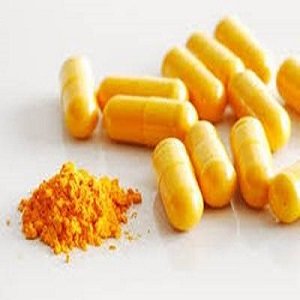
Lenvatinib is an oral molecular targeted agent for thyroid cancer
Singapore: Japan's pharmaceutical company, Eisai, has submitted its application to the regulatory authority in South Korea (Ministry of Food and Drug Safety) for marketing approval of its novel in-house developed anticancer agent lenvatinib mesylate (lenvatinib) as a treatment for progressive radioiodine-refractory differentiated thyroid cancer.
Following the submission of marketing authorization applications in Japan, the United States and Europe, this marks the first time Eisai has submitted a marketing authorization application for lenvatinib in Asia.
Lenvatinib is an oral molecular targeted agent that selectively inhibits the activities of several different molecules including VEGFR, FGFR, RET, KIT, and PDGFR, involved in angiogenesis and tumor proliferation. This potentially makes lenvatinib a first-in-class treatment in thyroid cancer, especially given that it simultaneously inhibits the activity of the three molecules VEGFR, FGFR, and also RET via its novel binding mode.
The application submitted for South Korea was based on the positive results from a global Phase III clinical study known as the SELECT (Study of (E7080) LEnvatinib in differentiated Cancer of the Thyroid) trial. (Please refer to the following notes for further details of the trial)
An application seeking the approval of lenvatinib for the indication of thyroid cancer was submitted in Japan in June 2014 as the first in the world, followed by the submission of applications in both the United States and Europe in August 2014. Lenvatinib was granted Orphan Drug Designation for thyroid cancer in by the regulatory authorities in Japan, Europe and the United States. In addition, lenvatinib was also granted an accelerated assessment in Europe by the European Medicines Agency, and granted priority review status in the United States by the US Food and Drug Administration.
The number of patients newly diagnosed with thyroid cancer in 2012 in South Korea was estimated to be 33,000, and in Asia was estimated to be 144,000. Although treatment is possible for most types of thyroid cancer, there are few treatment options available once thyroid cancer has progressed, therefore it remains a disease with significant unmet medical needs.




